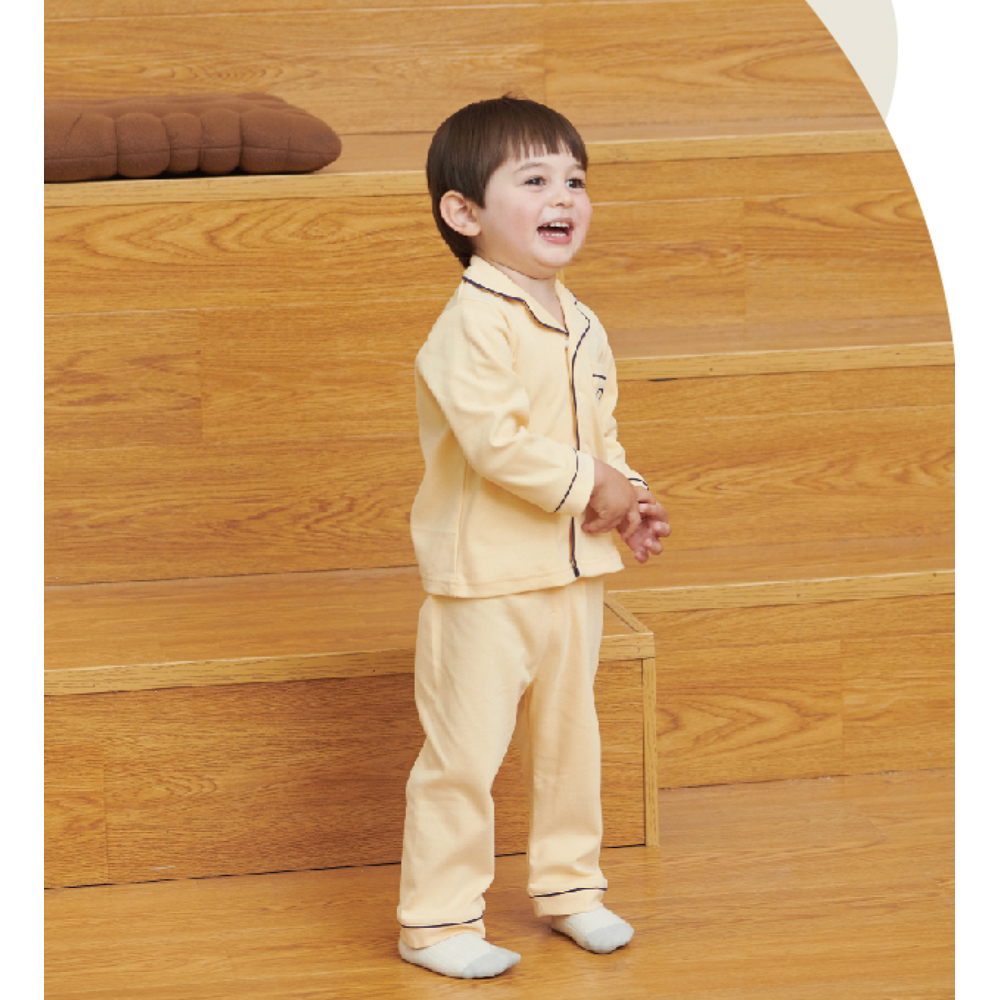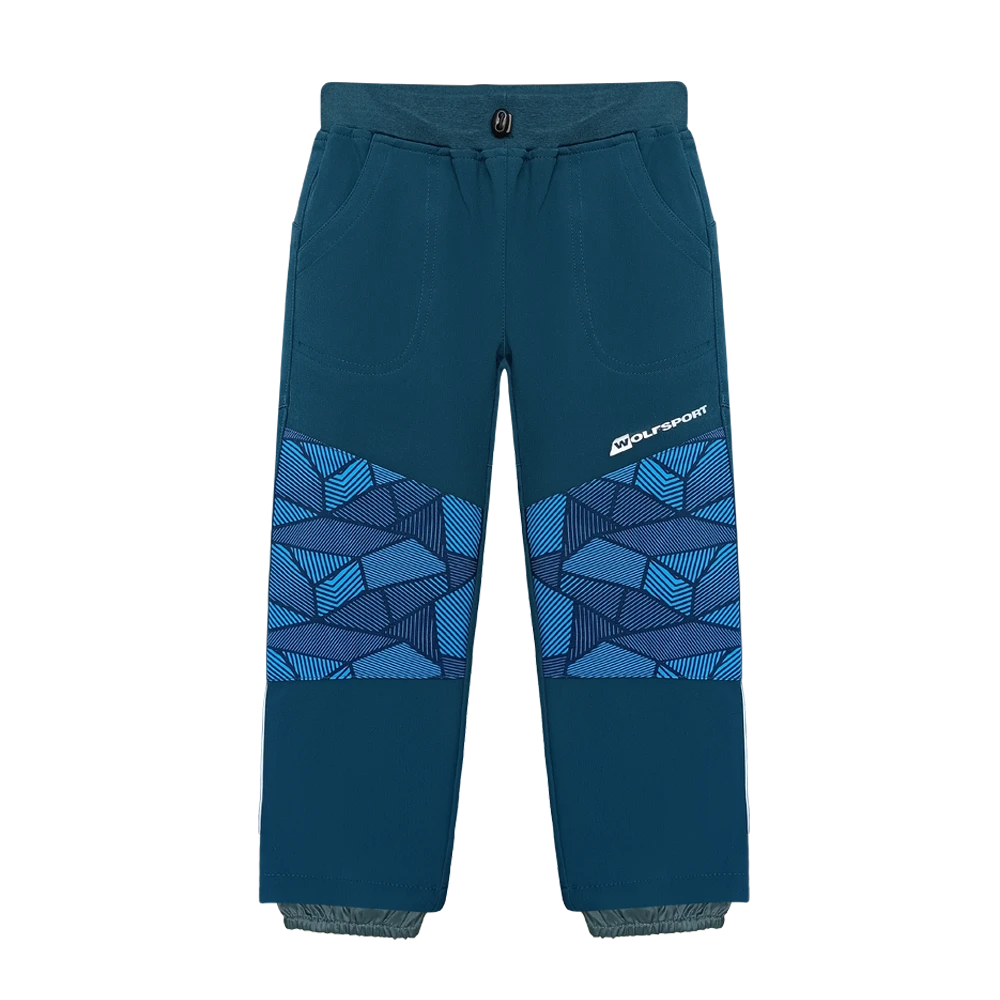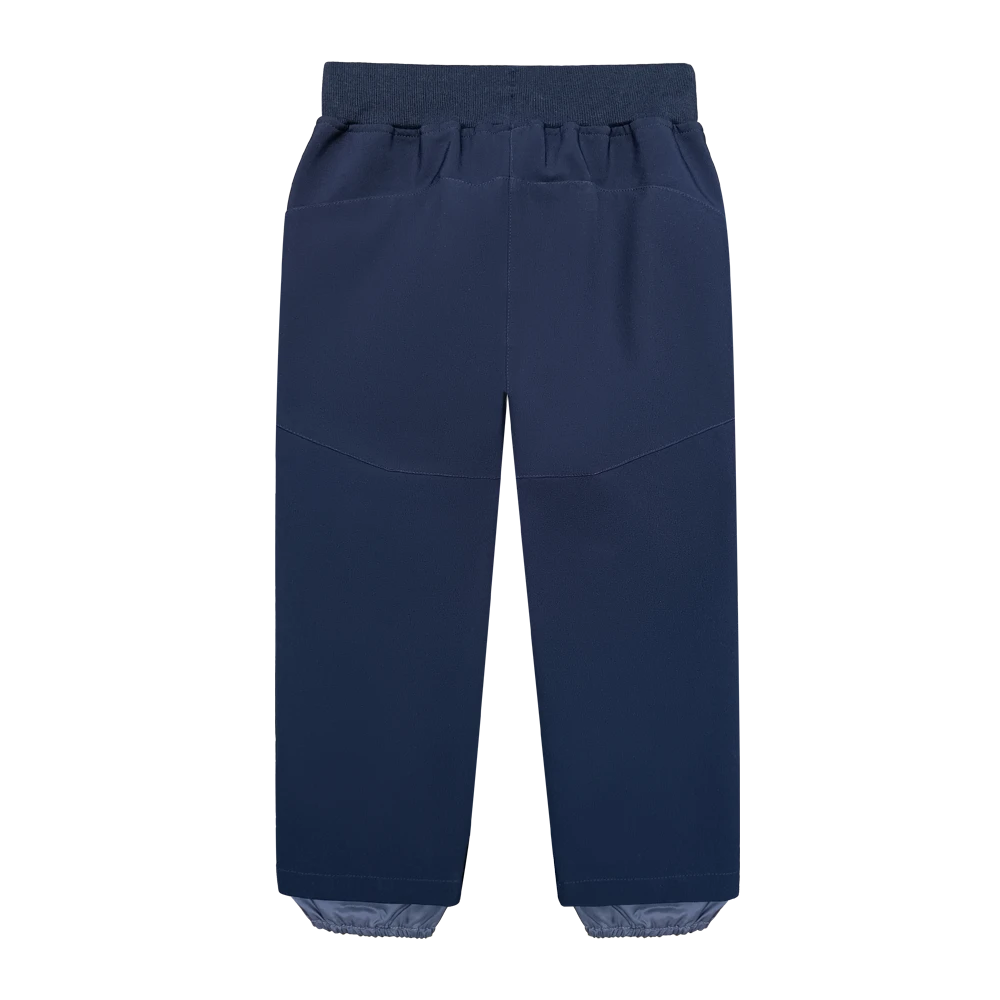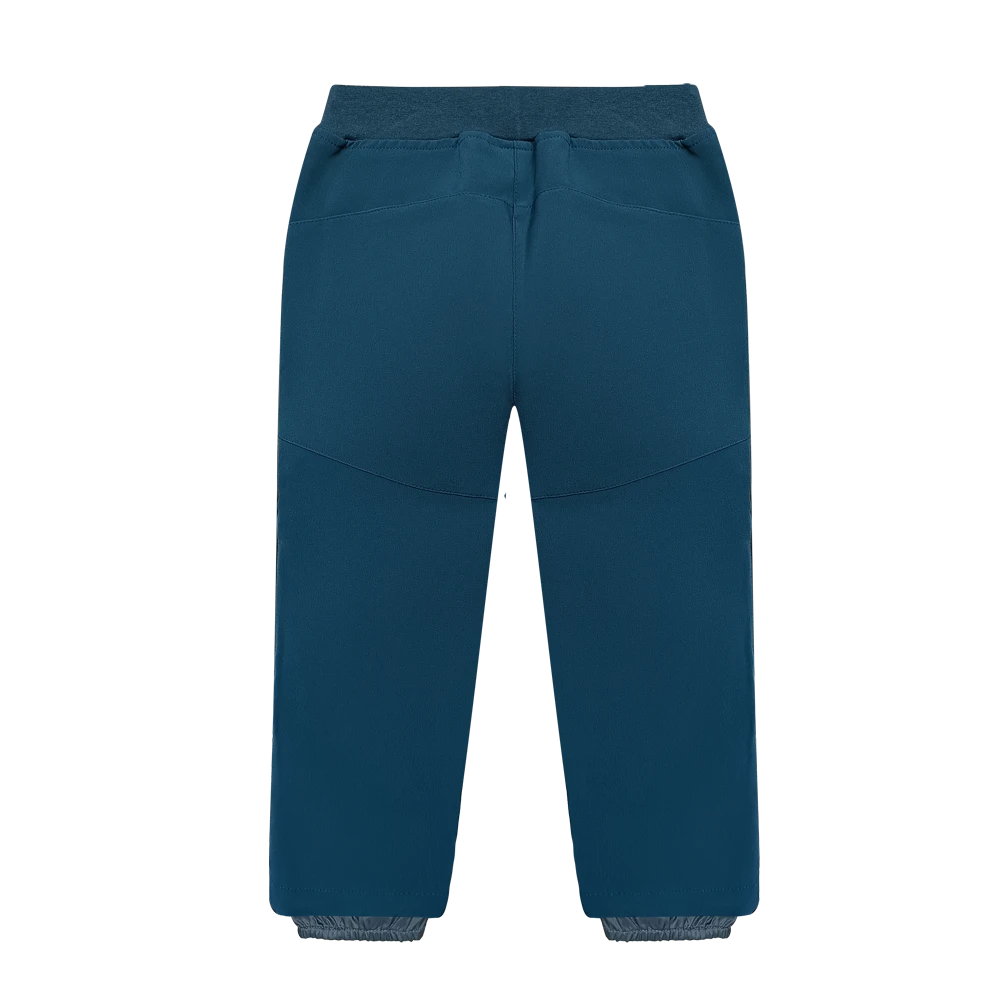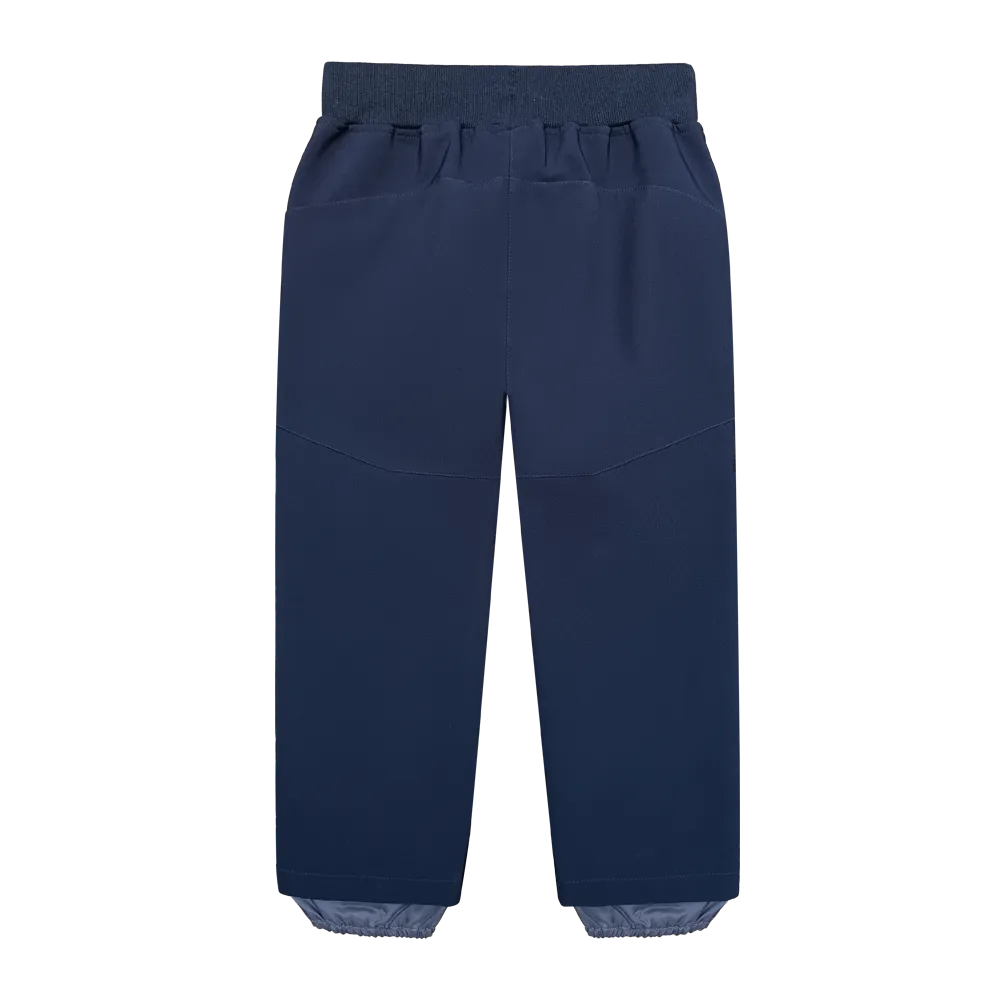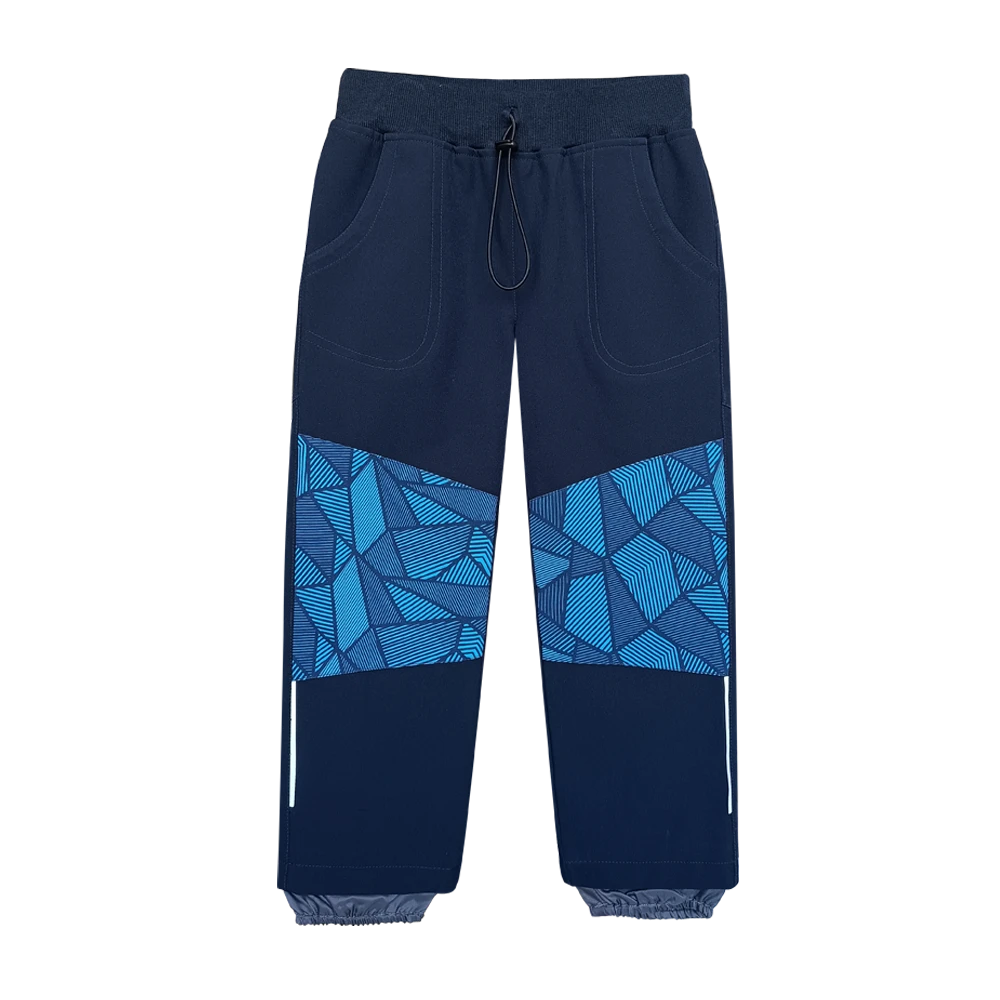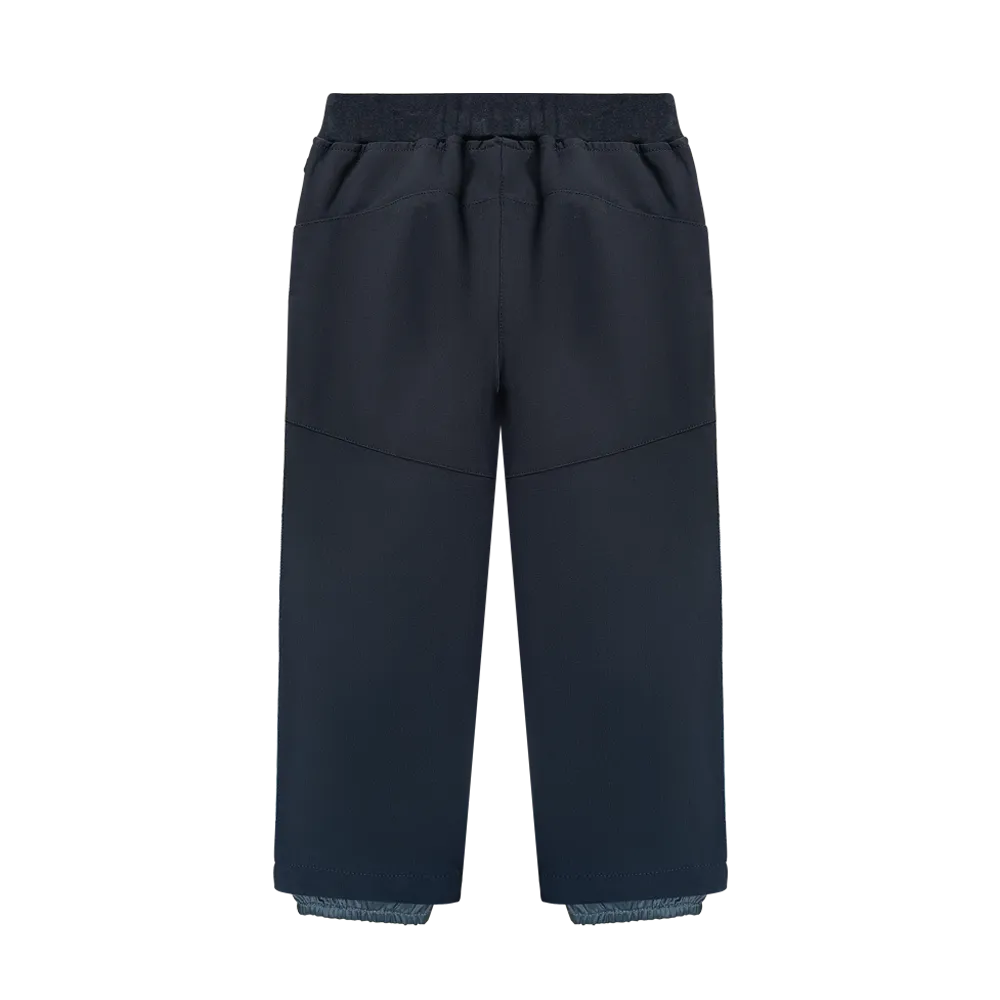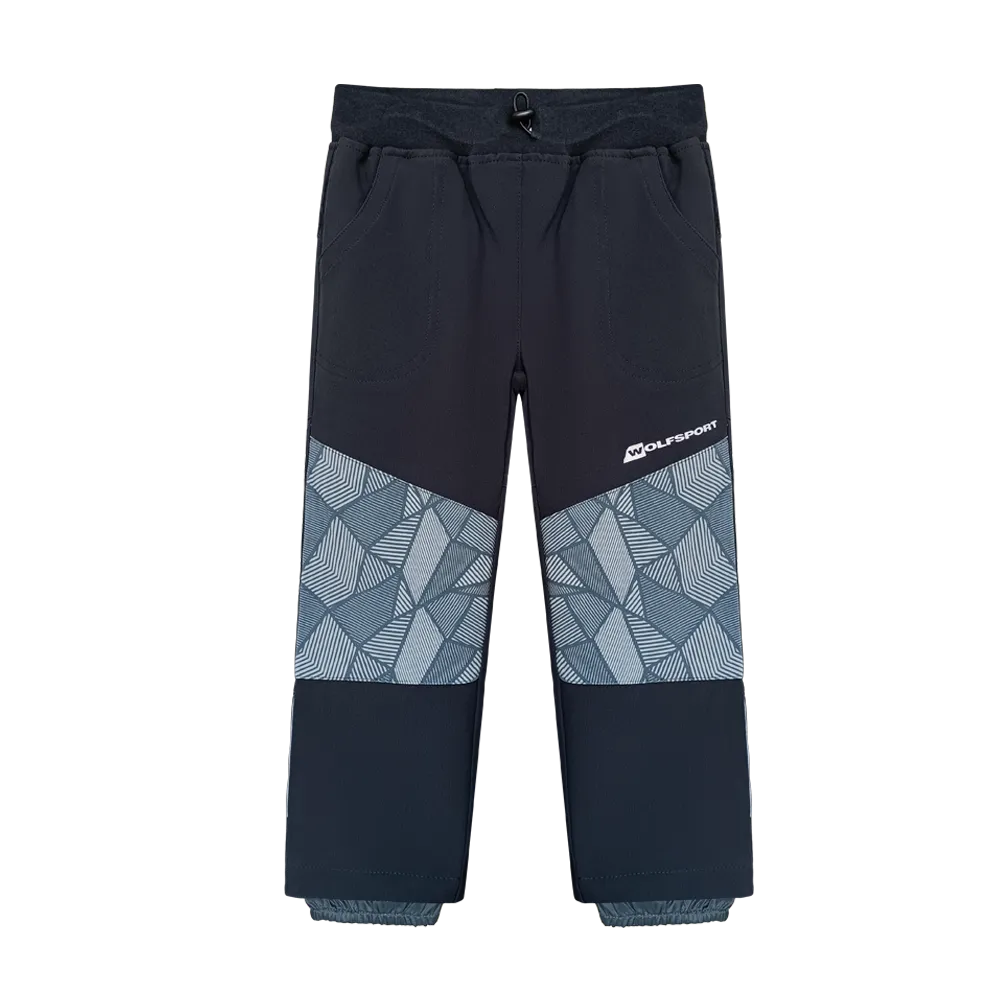Sustainable Workwear Redefining Professional Attire for a Greener Future
In recent years, the concept of sustainability has permeated various sectors of our lives, from the food we consume to the products we use daily. One significant area that has gained attention is workwear, traditionally seen as functional but often disregarded in terms of environmental impact. Sustainable workwear is not just a trend; it reflects a growing awareness of our responsibility towards the planet and our workforce.
The Importance of Sustainable Workwear
Sustainable workwear refers to clothing designed for professional settings that are produced using environmentally friendly processes and materials. This movement emphasizes the need for responsible sourcing, ethical labor practices, and longevity in product use. As businesses become more conscious of their carbon footprints, the demand for sustainable workwear is increasing, pushing brands to innovate and improve their offerings.
The fashion industry is notorious for its negative impact on the environment. From high water consumption in cotton farming to pollution from dyeing processes, traditional clothing production contributes significantly to environmental degradation. In contrast, sustainable workwear aims to mitigate these issues by utilizing organic or recycled materials, ensuring fair labor practices, and implementing processes that minimize waste and energy consumption.
Materials that Matter
One of the cornerstones of sustainable workwear is the choice of materials. Organic cotton, Tencel, hemp, and recycled polyester are just a few examples of fabrics that companies are adopting to reduce their ecological impact. Organic cotton is grown without synthetic pesticides or fertilizers, resulting in reduced soil and water contamination. Tencel, derived from sustainably sourced wood pulp, boasts a closed-loop production process that minimizes waste and utilizes less water than conventional cotton.
Recycled materials also play a crucial role in sustainable workwear
. Brands are increasingly using recycled plastics and discarded textiles to create new garments, thus diverting waste from landfills and conserving resources. For instance, some companies produce uniforms from recycled PET bottles, turning what was once a waste product into durable, functional clothing.Ethical Labor Practices
sustainable workwear
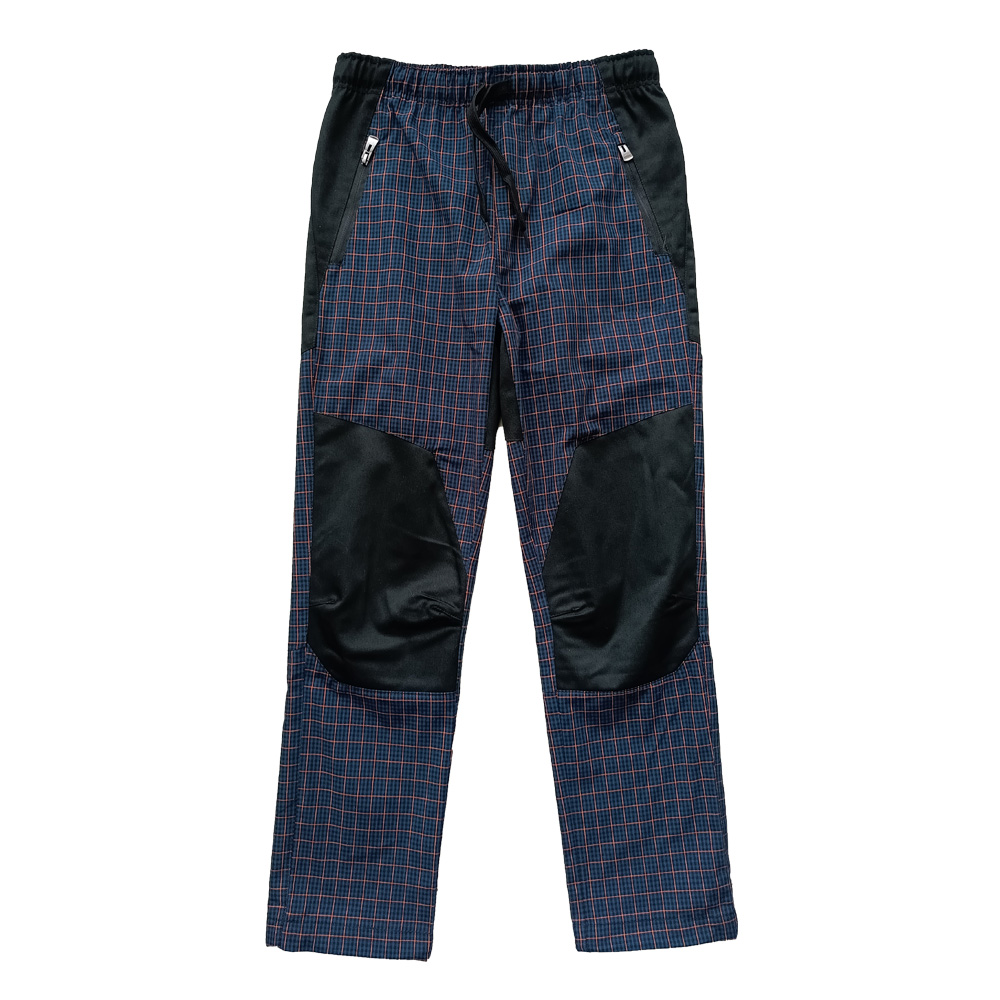
Sustainability is not solely about the materials used; it also encompasses the ethical treatment of workers. The production of clothing often involves complex supply chains that can exploit laborers, particularly in developing countries. Sustainable workwear brands are committed to transparency and ethical sourcing, ensuring that workers are paid fair wages and provided with safe working conditions.
By prioritizing ethical labor practices, these companies not only contribute to social sustainability but also build a loyal customer base that values corporate responsibility. Consumers are increasingly seeking brands that align with their values, and businesses that demonstrate a commitment to ethical practices are better positioned to thrive in today’s market.
Durability and Longevity
Another key principle of sustainable workwear is durability. The fashion industry often encourages a throwaway culture, but sustainable workwear aims to counter this trend. Clothing designed for durability lasts longer, reducing the frequency of replacement and the overall waste generated. Investing in high-quality, resilient workwear ultimately leads to less resource consumption and a smaller environmental impact.
Moreover, many sustainable workwear brands now offer repair services or guidance on how to extend the life of garments. This focus on maintenance encourages consumers to think of clothing not just as disposable items but as valuable resources that can be cherished for years.
Looking Ahead The Future of Workwear
As the global workforce evolves, so too does the notion of professional attire. The rise of remote and hybrid working environments has prompted companies to rethink their dress codes and embrace a more casual approach. However, this does not mean employees should forgo professionalism; rather, it opens the door for integrating sustainability into everyday workwear choices.
Sustainable workwear is poised to become a staple in the professional landscape, championing both environmental and social responsibility. As consumers become more educated and demanding about the origins of their clothing, brands will continue to innovate and evolve, ensuring that sustainability takes center stage in the future of fashion.
In conclusion, sustainable workwear represents a necessary shift in how we approach professional clothing, fostering an ethos of responsibility and sustainability. By choosing eco-friendly materials, upholding ethical labor practices, and producing durable garments, we can contribute to a more sustainable future—one outfit at a time.

